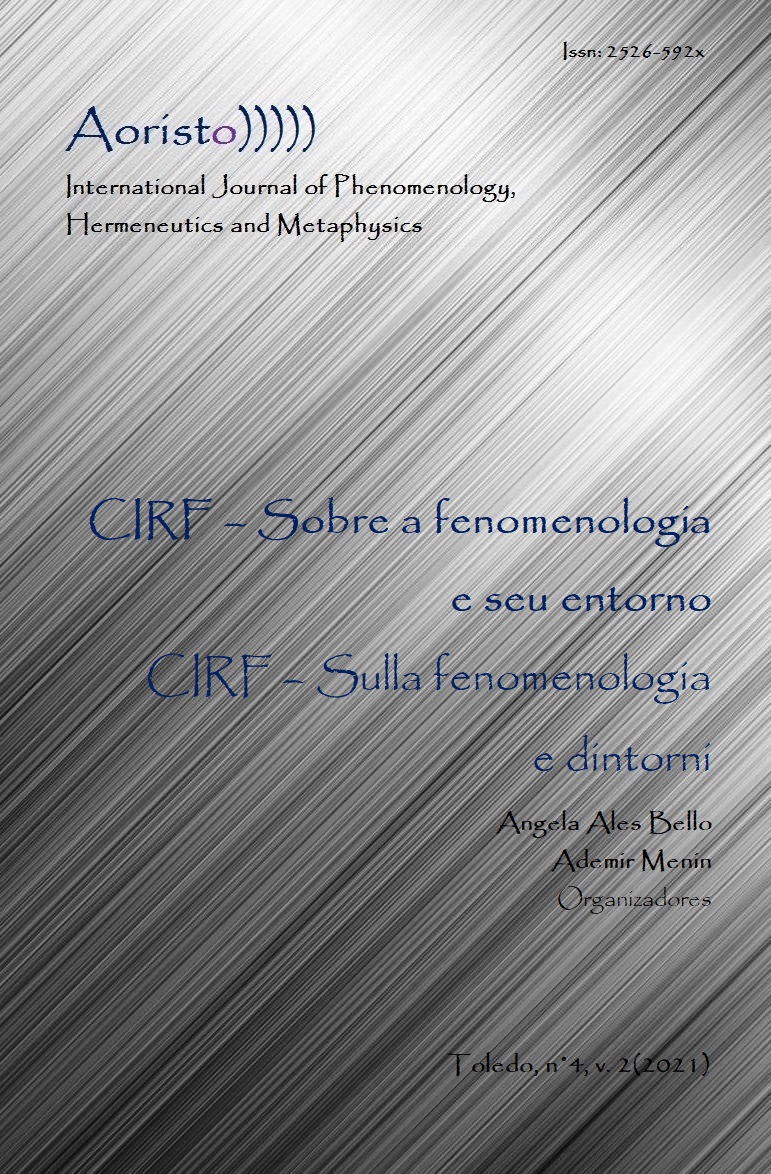"Aber ich fühle noch eine andere berufung in mir" drei große karmelitinnen zum frauen-priestertum
DOI:
https://doi.org/10.48075/aoristo.v4i2.27969Abstract
Zu den am meisten diskutierten Themen in unserer Kirche gehören zurzeit die Frage nach dem Pflichtzölibat und der Priesterweihe für Frauen. Während es seit der apostolischen Zeit und bis ins weit Mittelalter hinein viele Belege für verheiratete Priester gibt, und auch heute in der römisch katholischen Kirche solche oft sehr segensreich wirken, gibt es für das Frauenpriestertum diese Tradition nicht,
abgesehen von biblisch bezeugten Diakoninnen. So spricht Paulus im Römerbrief (16,1) von der diakonä (griech.) – Diakonin Phöbe. (In der Einheitsübersetzung von 2016 steht an dieser Stelle immer noch geglättet „Dienerin“, statt Diakonin.) Die Gründe, die immer wieder gegen das Diakonat der Frau und das Frauenpriesterum ins Feld geführt werden, brauche ich nicht zu wiederholen, doch möchte ich darauf hinweisen, wie die drei großen Frauen des Teresianischen Karmel darüber denken.
Downloads
Published
How to Cite
Issue
Section
License
Copyright (c) 2021 Aoristo - International Journal of Phenomenology, Hermeneutics and Metaphysics

This work is licensed under a Creative Commons Attribution-NonCommercial-NoDerivatives 4.0 International License.
Copyright Notice
1. I grant the AORISTO – International Journal of Phenomenology, Hermeneutics and Metaphysics the first publication of my article, licensed under Creative Commons Attribution (which allows sharing of work, recognition of authorship and initial publication in this journal).
2. I confirm that my article is not being submitted to another publication and has not been published in its entirely on another journal. I take full responsibility for its originality and I will also claim responsibility for charges from claims by third parties concerning the authorship of the article.
3. I also agree that the manuscript will be submitted according to the Aoristo’s publication rules described above.
License Creative Commons
This work is licensed under a Creative Commons Atribuição-NãoComercial-CompartilhaIgual 4.0 Internacional, which allows you to share, copy, distribute, display, reproduce, in whole or in part, for as long as there is no commercial purpose, and authors and source are cited.


